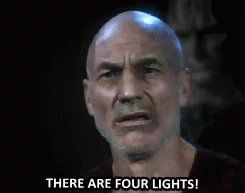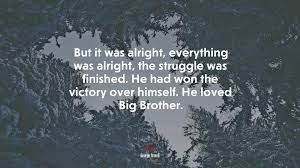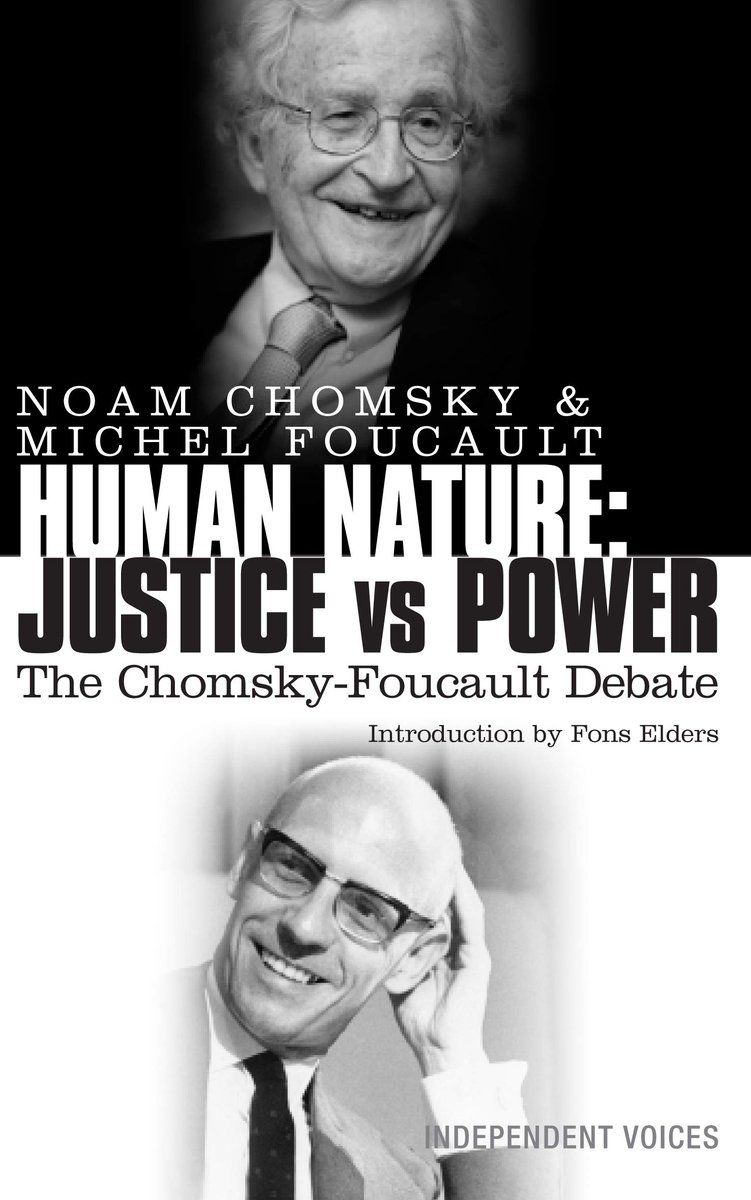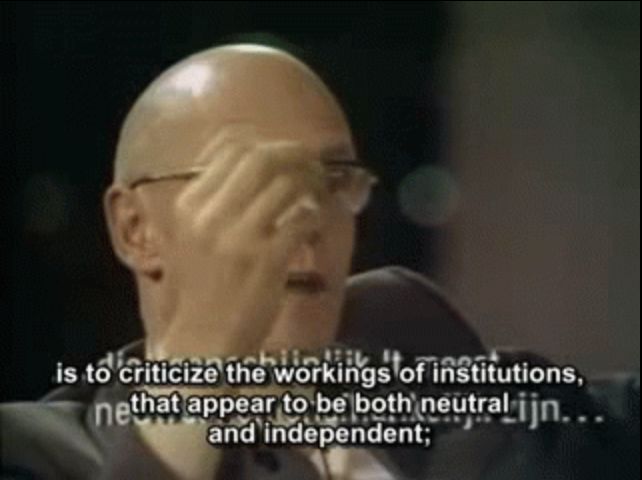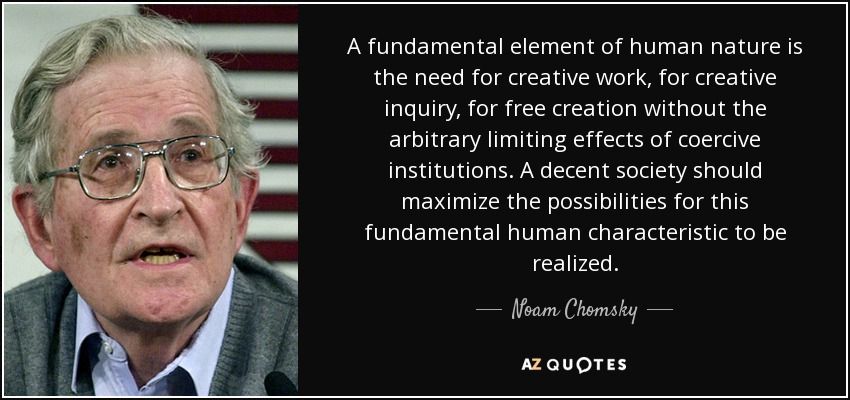-
@languoid This account seems to omit the central antagonists to Chomsky's "craving freedom is human nature" perspective.
-
@languoid At the time, innate libertarianism (Chomsky was always clear his was of the socialist/anarchist variety) was counterposed to behaviorism and infinite human malleability as a state project.
-
@languoid The question debated in Chomsky's early moral writings is: can humans be molded to accept any system of power or do they naturally resist?
-
@languoid In this context, a biological / innate anchor to freedom puts a limit on the aspirations of the state and science to redefine human behavior, whether that's Skinner in the liberal West, fascism, or the Communist bloc's "new man."
-
@languoid These ambitions to remake humanity loomed larger at the height of modernism than they do now, and are central to critical dystopia novels from We to 1984 to Brave New World.
-
@languoid A defiantly human nature with an ethics of freedom and a commitment to truth represents the hope in these depictions.
-
@languoid The ultimate fear: losing this self. As in Orwell's conclusion to 1984: “He had won the victory over himself. He loved Big Brother.”
-
@languoid This mid-century axis of debate has been obscured ever since a later generation of critical social theorists, above all Foucault, began to equate power and knowledge.
-
@languoid "Human nature" becomes suspect when seen as part of regimes of normalization. As a form of telling people who they really are, a sleight of hand that allows for deeper control.
-
@languoid While Chomsky explicitly argues for a (libertarian socialist) human nature that demands/needs "creative work, creatve inquiry, free creation without the arbitrary limiting effects of coercive institutions."
-
@languoid Going further, Foucault questions the construction of the self, sees the human subject as intertwined with regimes of subjection.
-
@languoid This seems like a fundamental break between the perspectives. And yet, both insist on a perpetual and inevitable drive towards rebellion and refusal of domination. Just with different labels.
-
@languoid Going back to the original post, I would suggest that analyses that try to place Chomsky in a liberal camp, rather than a camp that is critical of liberal, fascist, and state socialist orders miss the mark.
